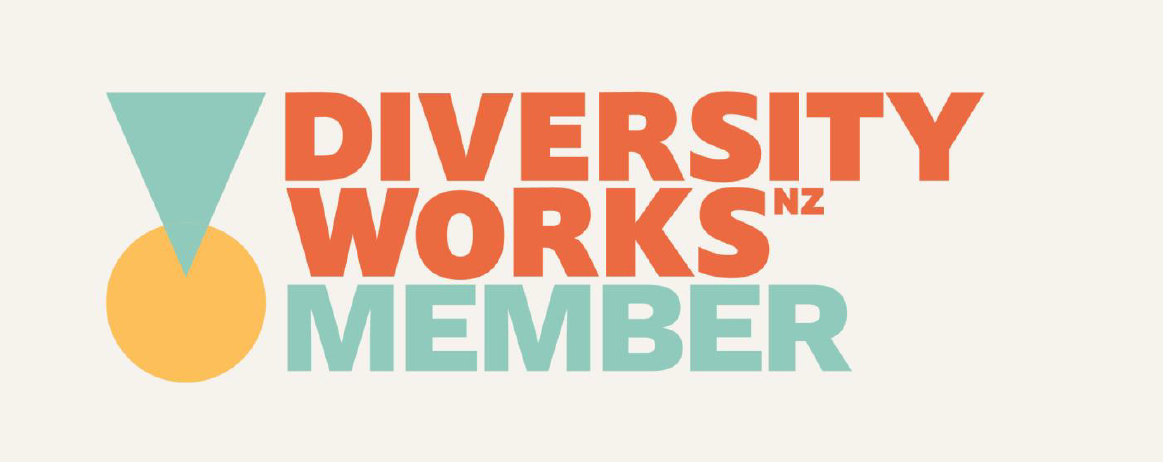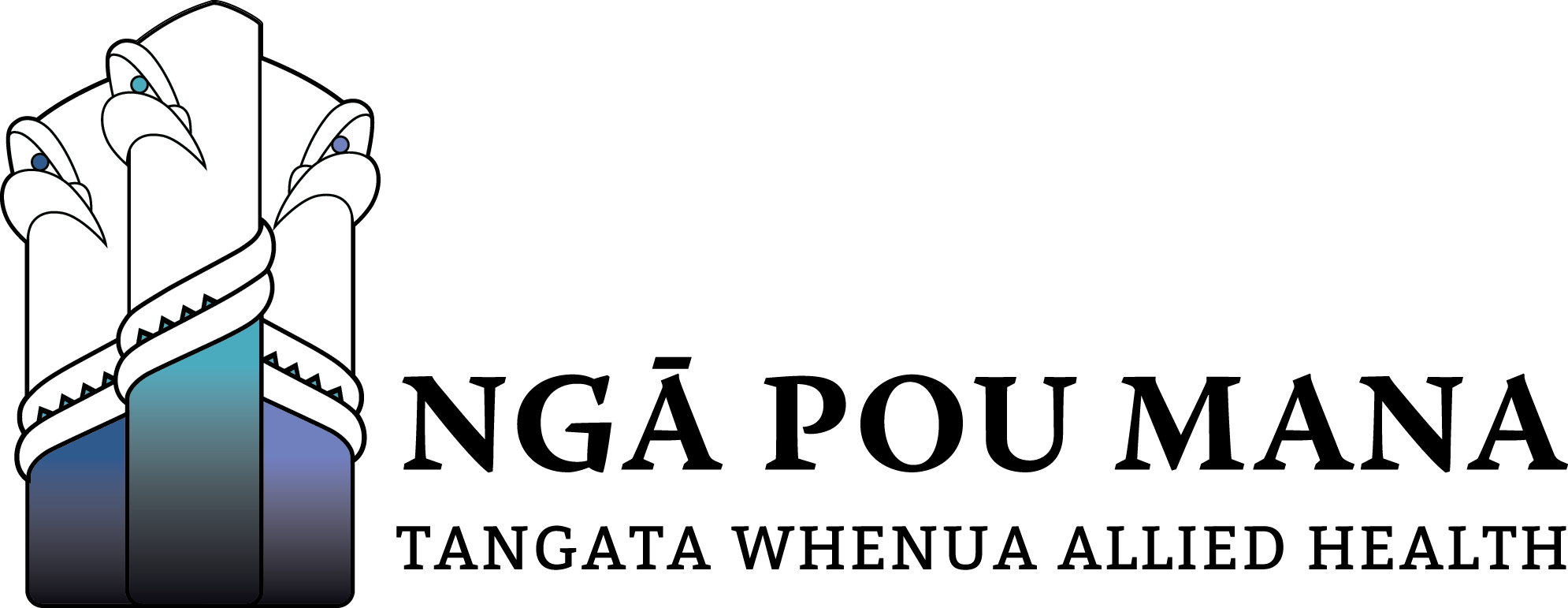Pain acts like an alarm, it is useful in response to actual damage or acute pain, but less so in pain that persists.
Pain is part of our biological survival response, our body’s reaction to actual damage (e.g. an injury) or potential damage (e.g. the threat of harm).
Understanding pain
Our bodies go through a natural phase of tissue healing following damage. Normally pain subsides, and so when pain persists it can become confusing, frustrating, and exhausting, making you feel less in control.
Pain of this kind is more associated with changes in our nervous system, what we understand is going on with our bodies, our engagement with our environment and how that impacts our daily lives.
Research over the last 20 years has shown that reducing the impact that pain has upon people’s lives can greatly improve people’s quality of life.
Strategies for pain management
APM’s pain management specialists across New Zealand have a wealth of knowledge and experience in supporting people living with persistent pain.
Our experts have shared some of their top tips on basic pain management strategies:
1. Understanding the cause of pain (hurt does not equal harm)
Pain is an output of our nervous system in response to a perceived threat from within our bodies, or our external environment.
However, what causes pain may not be an actual threat.
Pain acts as an alarm system within the body, it's a protective mechanism and not always a direct interpretation of how much damage is present.
Our brains produce the pain response in our bodies, this can be influenced by different factors for everyone.
2. Hurt does not equal harm
Pain is not a reliable sign of what is really going on in our joints, muscles, discs.
Most of us will have noticed bruises on our body and wonder, 'how it got there?' or that we feel significant levels of pain with minimal tissue damage. How much does a paper cut really hurt!?
Pain is like a fire alarm. It tells you to take action, but it doesn’t do a good job of telling you how big the fire is or where exactly the fire is.
3. Taking a key role in your recovery
Living with pain can feel like you are less in control of what is happening in your body.
At APM we will help you take a leading role in your recovery.
Recovery is a collaborative effort - along with specialists and treating professionals who can help guide you through the process.
Seeking treatment is an important step towards recovery. We can also help you access support networks, so you don't have to do it all alone.
4. Pacing daily activities
A well-known message from people living with pain is that when pain appears a bit more bearable, they try to do more in their day.
The result can be a flare up that can last for days, meaning your hard work could be undone. This can leave you feeling upset and frustrated.
Planning, prioritising and pacing tasks, as opposed to trying to get them done in one hit can help to manage pain levels.
Pacing your hour’s activity planned for one day into smaller, manageable chunks every day, means you achieve the same duration of activity with less of an impact on your week.
5. Movement, exercise or activity
During times of stress, tension can increase in our bodies.
This tension may be due to physical stress, however tension can also result from mental and emotional stressors, such as unhelpful thoughts, worry, anger and forgetfulness.
Using relaxation techniques such as deep breathing and/or mindfulness can help to counteract stress or tension and can help you to feel more in control.
These techniques can help to distract you from unhelpful thoughts or help you to sit with unhelpful thoughts acknowledging them for what they are – just thoughts.
You can view APMs breathing technique video here.
6. Goal setting
Setting goals are important for building your confidence and faith in your body.
When we set goals, we become more focussed, purposeful and motivated in our actions, gradually making unattainable targets seem achievable.
To set a goal, ask yourself, 'what’s important to me?' Your values can relate to maintaining friendships and relationships, personal growth, hobbies, intimacy, spirituality.
For example, if it’s being a good parent, think of ways that you can engage in your family that will be fulfilling for you and your family.
Be compassionate to yourself by setting an achievable activity, a time limit and how often you want to do it in your week. Make sure to savour the moment once you have completed your goal for the day.
Commitment to these strategies have been shown to assist in the daily management of our pain levels. Additionally, they can actively enhance our overall wellbeing.


